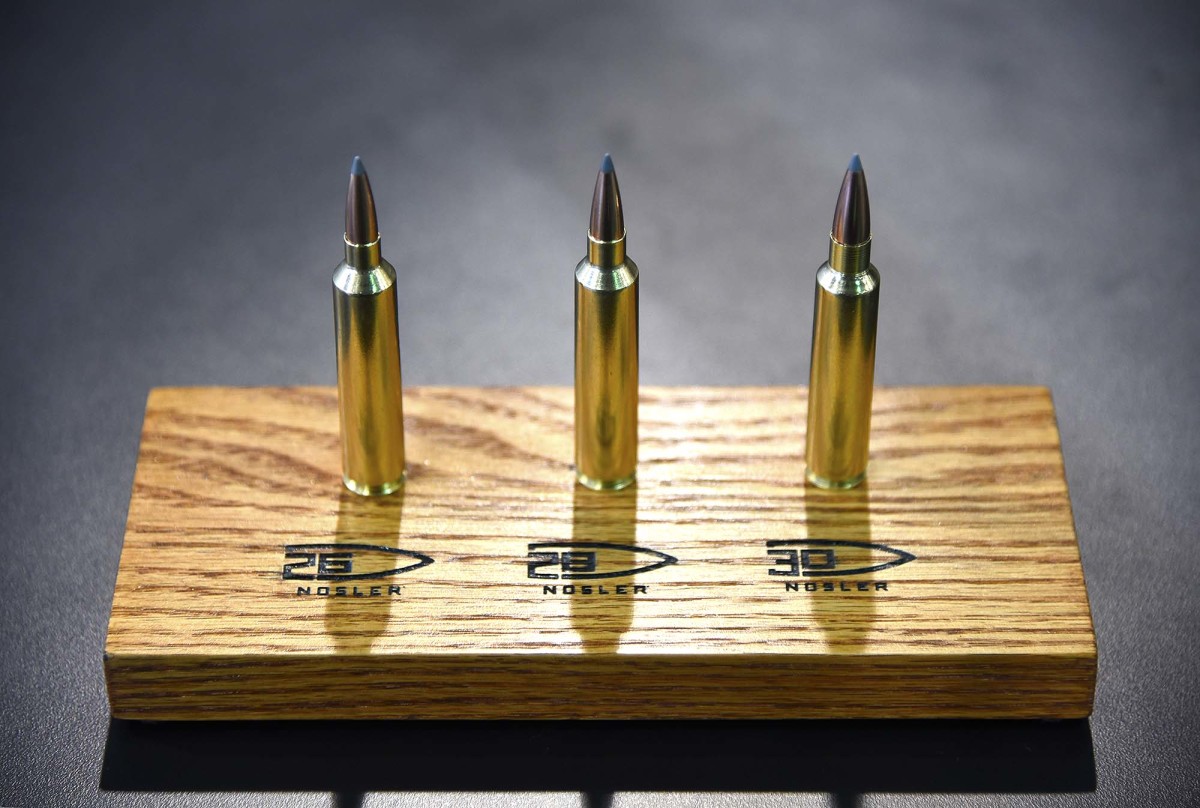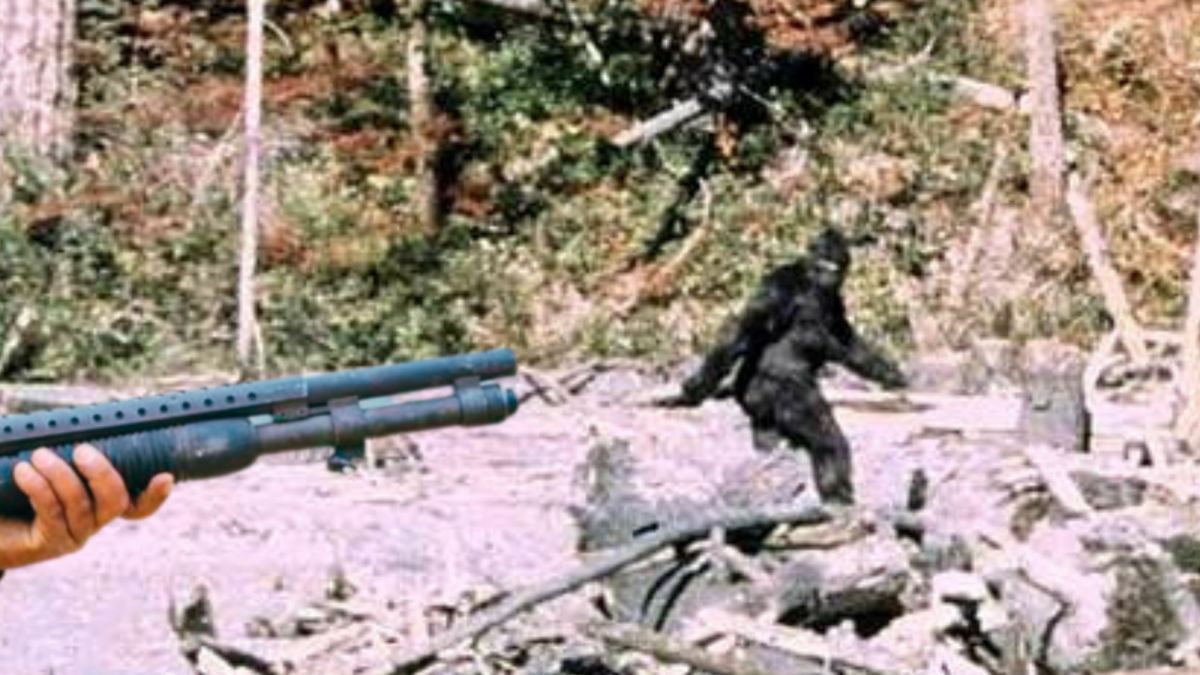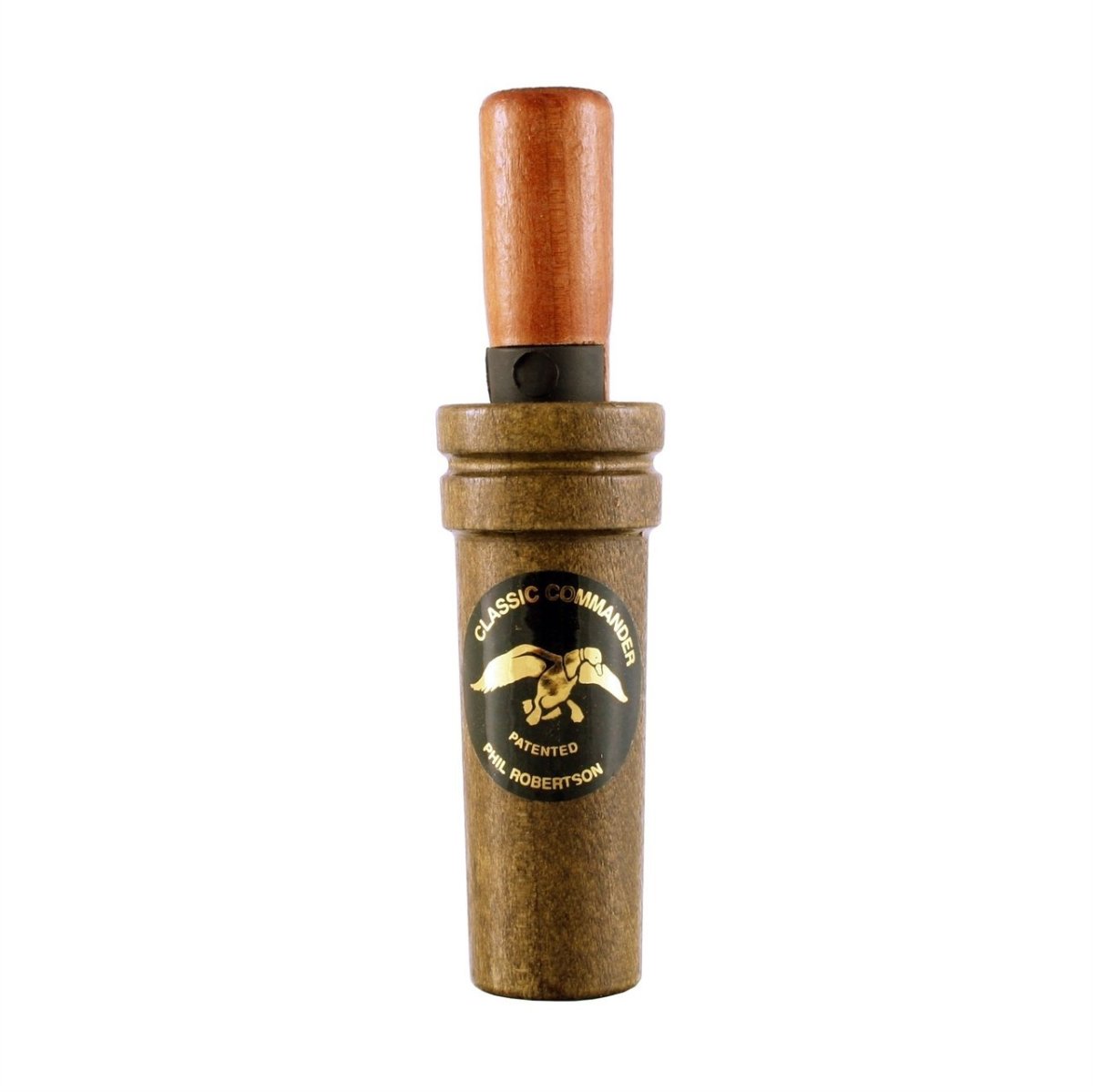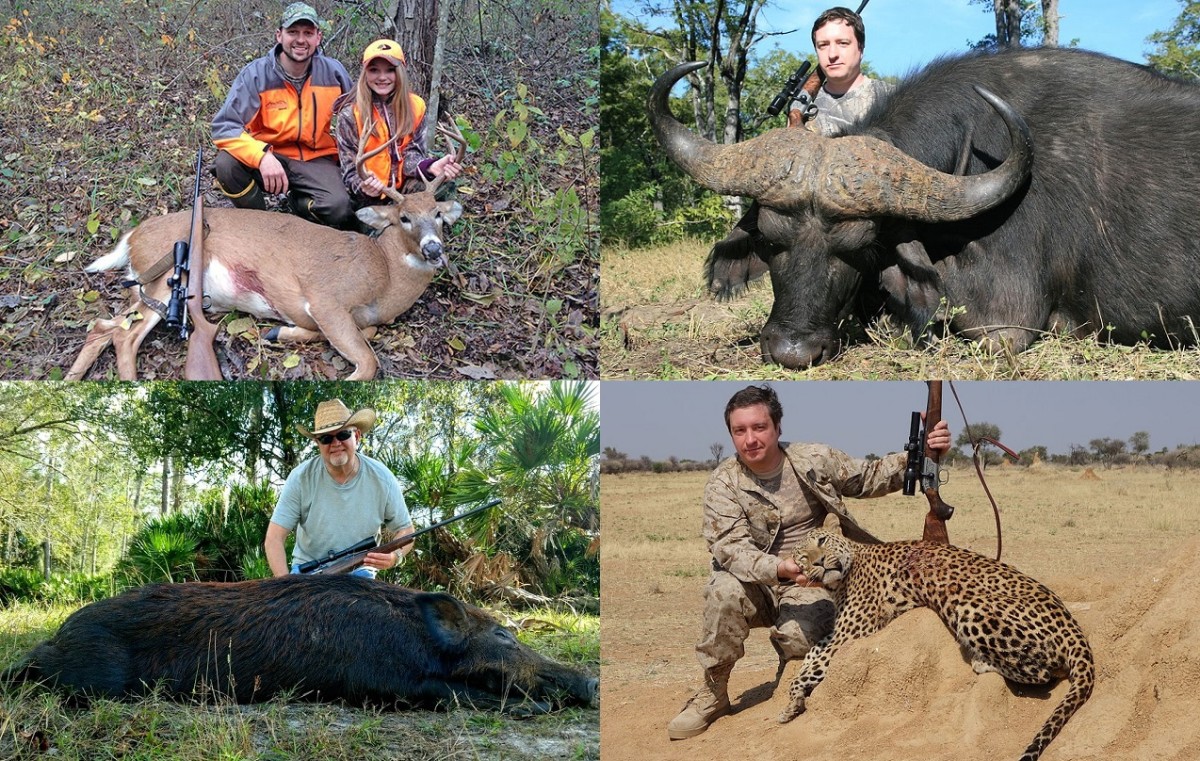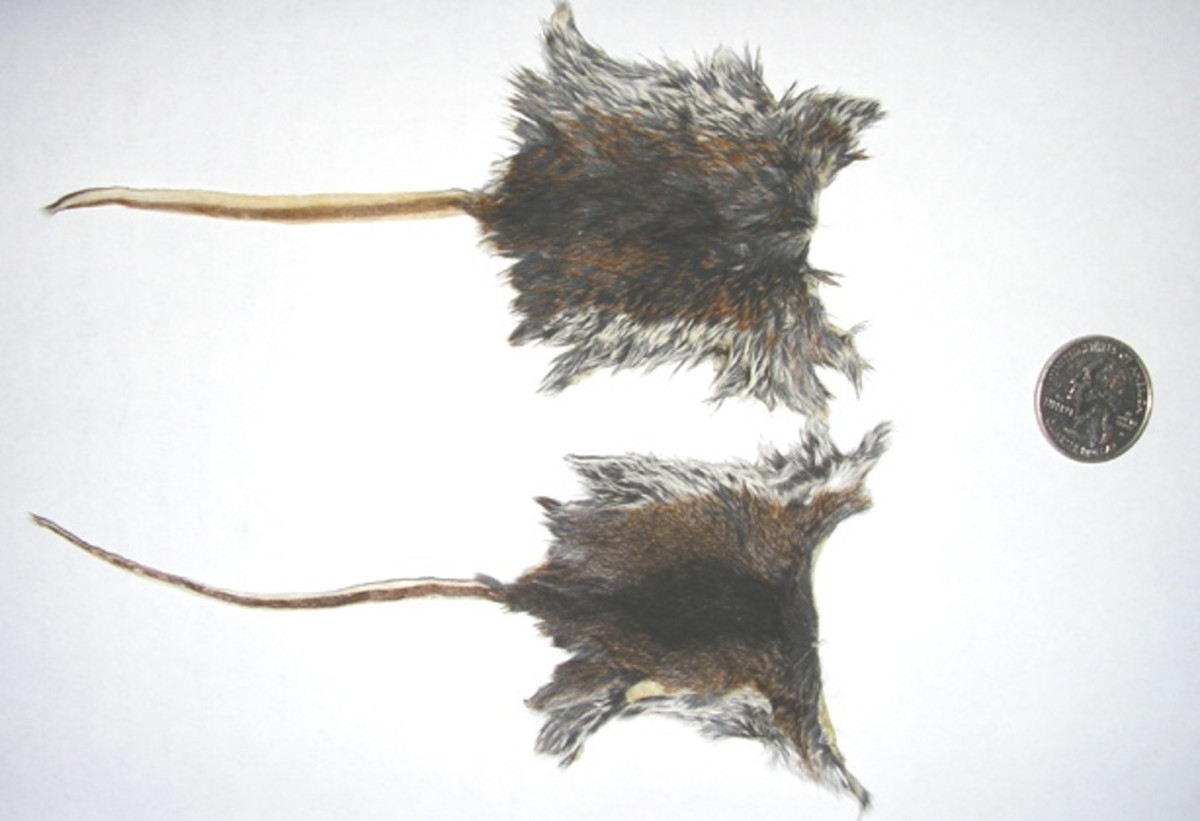Deer Hunting Do's and Don'ts
Does anyone remember the Bugs Bunny episode entitled, "What's Opera, Doc?" It's the one in which Elmer Fudd chants, "Kill the Wabbit," and in the end, he actually kills Bugs Bunny, (Bugs, as the show's host, of course lifts his head while in Elmer's arms at the end and says, "What did you expect in an opera, a happy ending)." In this episode Elmer, the ruthless hunter, cries and expresses deep regret over his act of killing Bugs. "Just a cartoon," you may be thinking. While true, one can never underestimate emotions when it comes to hunting, especially when your target is large game, like deer. If you're new to deer hunting, and have yet to make your first kill, there's a couple of things you may want to keep in mind if you don't want to end up like old Elmer, dragging your prey off in tears.
Take your Deer with One Shot
While it's instinctive to begin shooting as soon as you see that deer you've been waiting hours for, it's always best to take your deer with one good clean shot. A neck or head shot will typically put a deer down instantly with little to no suffering. If you hit it in the spine, or the stomach, however, you may have to deal with a little trauma. There's nothing more haunting than watching a deer go down from a shot from your gun while still alive and conscience. Chances are it will stare at you and begin grunting in agony. You'll have no choice at that point but to approach it, and shoot it in the head or neck at close range to ensure you put it out of its suffering. Mark my words, watching the life slip out of a large mammal, like a deer, from up close can be an eerie experience. Not a memory you want to live with. Do target practice with your gun shortly before you go hunting. Get good with it. You want to be a hunter while you're out there, not a slayer. Leave the massacres to the horror film villains.
Be Sure of Your Target
Some hunters could care less about the gender or age of the deer they shoot. So long as it's a legal kill, and they have the freezer space for it, they'll shoot any deer they see moving. I for one am a little more cautious about my targets. Bear in mind, female deer typically give birth to their fawns in June, and the first firearm season is usually less than six months thereafter. Point being, there'll be a lot of young deer out there during hunting season that haven't even weened themselves from their mothers yet. Depriving a mom from her fawn, or vice versa can be traumatizing, especially when the two are together. Deer have feelings too, and you better believe it.
We can justify deer hunting as a business, a sport, and a service to the state, but don't think you're tough enough to walk away from an emotional kill without any regret. Know your target before you pull that trigger. Be certain you're comfortable with the situation. You may very well experience more regrets from killing a fawn, or a fawn's mother, than letting your one chance at a legal kill slip away. If you're confident you're hard crusted enough not to be bothered by a potentially regretful kill, you can ignore this section. I for one am not like that, however. Check out my facial expressions in the two photos below. In the first photo, I've taken an old ten point buck with one shot to the neck. In the second photo, it was a young buck I took, probably less than six months old, that I had mistaken for a doe out by herself. Little did I know before pulling the trigger, a doe, (presumably his mother), was in the brush right next to him as he fell dead. He also died instantly from a neck shot, but the doe by his side I didn't know was there until after taking my shot didn't look too happy about what had just taken place. In which photo would you say I appear the happiest?
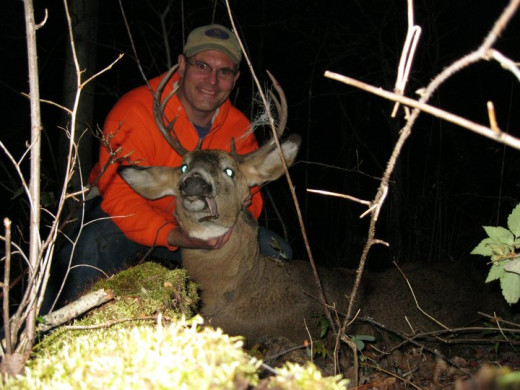
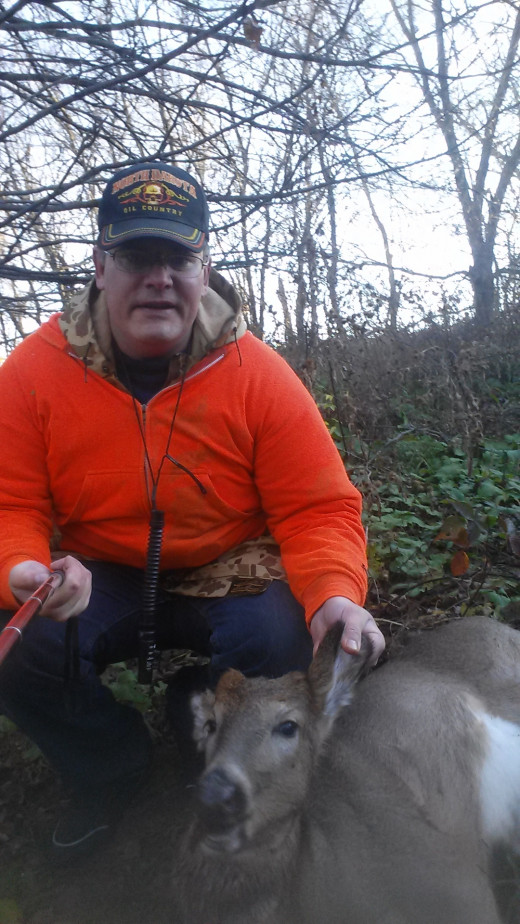
You have to live with everything you do. Most people who don't know much about deer hunting probably think getting a deer, any deer, is always going to be grounds for a celebration, but this isn't always the going to be the case. If you're hunting, or planning on hunting deer this year, or any year down the road, be smart, and learn from your mistakes, (or from other people's).

